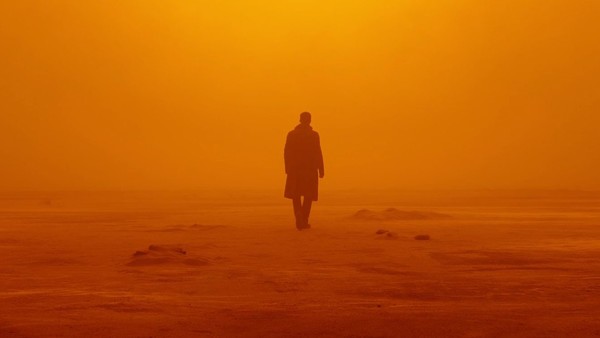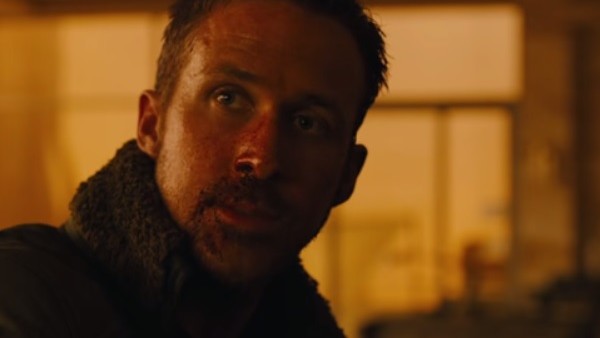Blade Runner 2049: 10 Reasons It's Massively Overrated
Better than the original? The best sequel ever made? Think again!

After months of vague marketing and elusive clips and trailers, Blade Runner 2049 is finally here - and the good news is that the film has opened to almost universal critical acclaim, with many calling it "the best sequel ever made" and "superior to the original." And that would all be very impressive, if it was actually accurate.
Don't get the wrong idea: Blade Runner 2049, helmed by French-Canadian director Denis Villeneuve, is a beautiful piece of work that - thank God - manages to carry the torch of the now infamous sci-fi franchise without massively dropping the ball and ruining the legacy of the original flick. Praise to Villeneuve and his team!
What's most admirable about the film, perhaps, is that it refuses to reprise the beats of the original picture as so many lazy sequels tend to do these days. Instead it opts to tell a wholly unique story - one which feels like a natural extension of the narrative that Ridley Scott gifted us back in 1982. A money-grabbing rehash it really is not.
The problem with Blade Runner 2049, however, isn't really in its individual elements. It's in the way those elements are brought together - in a manner that does them any real justice. And rather calamitously, the critics have heaped so much early praise on the sequel that they've totally ignored how it ultimately fails as a piece of cohesive filmmaking, and why it's a disappointment...
10. The Pacing Is Downright Bizarre

Blade Runner 2049 clocks in at a whopping 163 minutes, which suggests that - in order to be the best film it can be - it needed to be this length.
Unfortunately that isn't really the case, given that the overall pacing of the film is notably off for the sum of the experience. What we have here, really, is a two hour movie stretched out to almost three and as a viewer it's really made apparent.
The picture opens with a laborious hour of "world-building," but really it's unnecessary in its slowness because this is a world we're already familiar with. The original Blade Runner gave audiences one of the most fully-realised dystopias in all of cinema, but the pace never slackened. We explored the world as Deckard went about his business. For much of the sequel, though, you start to feel like a lost tourist.
The first hour could have been cut down to half the length - not to mention it takes more than an hour for Officer K to track down Deckard, and even that sequence takes 15 minutes too long. What remains of the picture then feels oddly rushed as it attempts to piece everything together super quickly. But why didn't we just spend more time on the actual story than messing about in that first hour?
It's hard to escape the feeling that there's a brilliant two hour movie in here somewhere, but what we ended up with was merely a good three hour one.